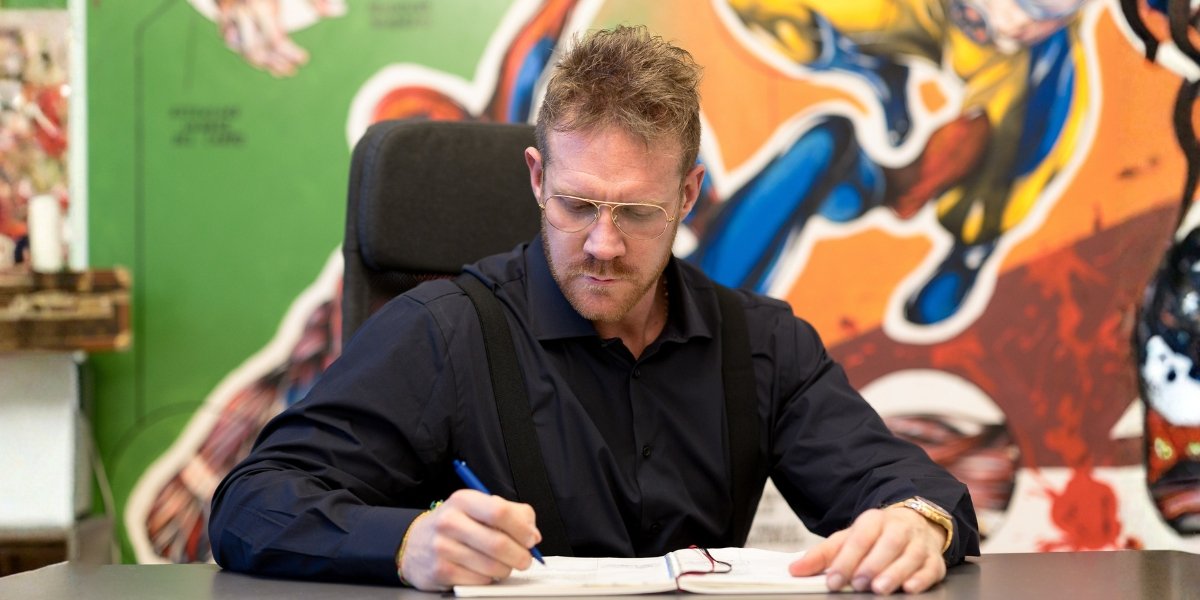In ancient civilizations, mentoring was often intertwined with religious and spiritual practices. In ancient Greece, for instance, the relationship between mentor and mentee was considered sacred. The term “mentor” itself originates from Homer’s epic poem, “The Odyssey,” where Mentor, a trusted friend of Odysseus, guides and protects his son Telemachus during his father’s absence. This archetypal mentor-mentee relationship laid the foundation for the concept as we understand it today.
“Mentoring is a reciprocal process where both mentor and mentee learn and grow together,” notes an article in the “Harvard Business Review.” This sentiment echoes throughout history, as mentoring has consistently been viewed as a mutually beneficial exchange of knowledge and wisdom. In ancient India, the guru-shishya tradition emphasized the importance of a close and respectful relationship between teacher and student, fostering a deep understanding of both spiritual and practical knowledge.
With the progression of societies, the practice of mentoring adapted and evolved as well. During the medieval period in Europe, apprenticeships emerged as a standard path for young individuals to acquire a trade or craft. These apprenticeships fostered a structured mentoring dynamic between the seasoned artisan, or master craftsman, and the novice apprentice.
Mirroring this model in ancient China, the Confucian philosophy emphasized the concept of “junzi,” or noble person. This ideal stressed the significance of continuous learning throughout one’s life and the crucial role of mentorship in the pursuit of both moral and intellectual excellence. “Mentoring is not simply the transfer of knowledge; it is a profound connection that cultivates wisdom and character,” states a renowned scholar of Confucian philosophy.
These historical examples illustrate how mentoring has been consistently woven into the fabric of different societies, adapting to their unique needs and values. Whether in the workshops of medieval Europe or the philosophical schools of ancient China, mentoring has served as a conduit for transmitting knowledge, fostering personal growth, and upholding cultural traditions. “Mentoring is a time-honored tradition that has shaped the course of human history,” notes a prominent historian, underscoring its enduring relevance and impact.
“Mentoring has always been a vital tool for personal and professional development,” states a report from the “Center for Creative Leadership.” This statement rings true across cultures and time periods, as mentoring has consistently been valued for its ability to foster growth, development, and success. In the Renaissance, for example, the concept of “humanism” emphasized the importance of individual potential and the role of mentorship in cultivating that potential. Prominent figures such as Leonardo da Vinci and Michelangelo benefited from the guidance and support of mentors, who helped them hone their skills and achieve greatness.
In more recent times, mentoring has become increasingly formalized and institutionalized. In the workplace, mentoring programs have become a common feature of many organizations, recognized for their ability to enhance employee engagement, retention, and development. In academic settings, mentoring relationships between faculty and students have been shown to have a significant impact on student success and career trajectories.
The evolution of mentoring continues in the digital age, with the rise of virtual mentoring and online platforms. These new technologies have expanded the reach and accessibility of mentoring, making it possible for individuals from all walks of life to connect with mentors and tap into their expertise. While the format of mentoring may have changed, its fundamental purpose remains the same: to foster growth, development, and success through meaningful relationships.






